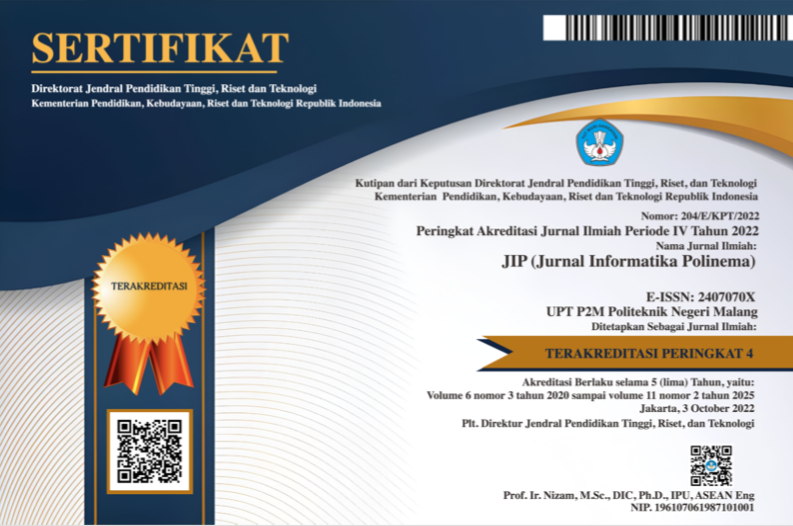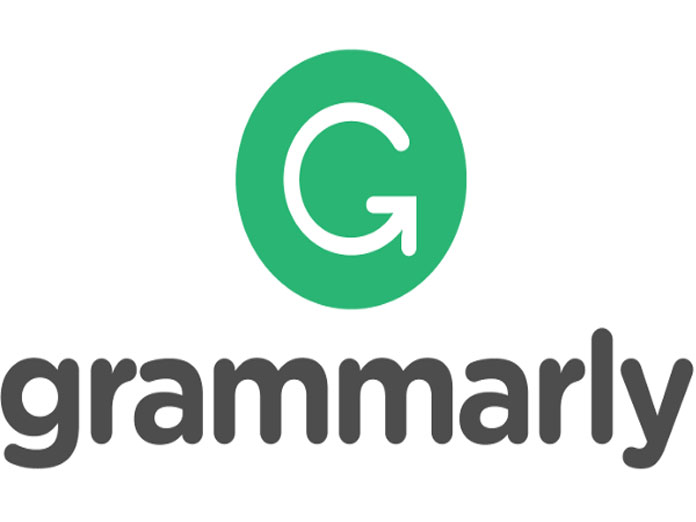ANALISIS KUALITAS PELAYANAN AKSES INFORMASI E-HEALTH MENGGUNAKAN METODE E-GOVQUAL
Abstract
Health services for the community, especially the underprivileged population in Surabaya City, still face challenges that have not been fully addressed. These challenges include accessing health service information through the operation of e-health by the public. The E-Health program is introduced as a solution to address healthcare service issues. However, evaluating the effectiveness of this program is necessary to determine the extent to which the public's expectations have been met. This research employs the E-GovQual method to analyze the effectiveness of E-Government implementation across several dimensions, namely efficiency, trust, reliability, and citizen support. The aim of this study is to assess user satisfaction levels with the e-health platform provided by the Surabaya government and enhance public participation in evaluating the e-health program based on measurements provided by the e-govqual method. The evaluation was conducted on the E-Health services provided by the Surabaya City Government by distributing questionnaires to eligible respondents. The research findings indicate that the implementation of E-Health in Surabaya City is deemed effective based on the utilization of the E-GovQual method. Overall, this study shows that the E-Health program provided by the city government of Surabaya has positively impacted improving healthcare services to underserved communities in the region, aligning with the e-govqual measurements. The results of this research are expected to serve as a foundation for the development of similar programs in other areas and enhance the overall quality of healthcare services.
Downloads
References
Hikmawati, Nina Kurnia. 2022. “Analisis Kualitas Layanan My Pertamina Menggunakan Pendekatan E-GovQual Pada Beberapa Kota Percobaan.” Jurnal Manajemen Informatika (JAMIKA) 12(2):100–111. doi: 10.34010/jamika.v12i2.7977.
Kosali, Ahmad Yani. 2021. “Pengaruh Implementasi Electronic Government (E-Government) Dalam Meningkatkan Kualitas Pelayanan Pada Kelurahan Plaju Ulu Kecamatan Plaju Kota Palembang.” Jurnal Ilmiah Manajemen 10:1–21.
Manoharan, Aroon P., and Alex Ingrams. 2018. “Conceptualizing E-Government from Local Government Perspectives.” State and Local Government Review 50(1):56–66. doi: 10.1177/0160323X18763964.
Maulana, Salam, and Muhajirin Muhajirin. 2021. “Analisis Kualitas Pelayanan Terhadap Kepuasan Pelanggan Pada Aisy Cabang Bima.” Jurnal Disrupsi Bisnis 4(4):372. doi: 10.32493/drb.v4i4.11678.
Maulani, W. 2020. “Penerapan Electronic Government Dalam Peningkatan Kualitas Pelayanan Publik (Studi Kasus Program E-Health Di Kota Surabaya).” AS-SIYASAH: Jurnal Ilmu Sosial Dan Ilmu Politik 5(2):44–54.
Nasrullah, Muhammad. 2023. “Optimalisasi Reformasi Pelayanan Kesehatan Melalui Program E-Health Pada Puskesmas Jagir Kota Surabaya.” 4(2).
Nurzaky, A., F. R. Ananda, and M. Machrus. 2021. “E-Health Sebagai Program Pendukung Terwujudnya Agile Government Di Indonesia (Studi Kasus: Kota Surabaya).” P. 69 in Peningkatan Kualitas. DI Yogyakarta: Penerbit Samudra Biru (Anggota IKAPI).
Pamungkas, Zidan Catur, Muhammad Andik Izzudin, and Andhy Permadi. 2023. “Analisis Kualitas Pelayanan Website Surabaya Single Window (SSW) Menggunakan Metode E-Govqual Modifikasi Analysis of Service Quality on the Surabaya Single Window ( SSW ) Website Using Modification E-Govqual Method.” Sistemasi: Jurnal Sistem Informasi 12(1):229–43.
Papadomichelaki, Xenia, and Gregoris Mentzas. 2012. “E-GovQual: A Multiple-Item Scale for Assessing e-Government Service Quality.” Government Information Quarterly 29(1):98–109. doi: https://doi.org/10.1016/j.giq.2011.08.011.
Prabowo, Setyo Adjie, and Moch Rizky. 2020. “Setyo Adjie Prabowo, Moch Rizky, Moch. Ali Mashuri /Jurnal Syntax Transformastion, Vol 1, No 2 April 2020.” Jurnal Syntax Transformastion 1(2):66–73.
Putri Adian, Yesica Aprillia, and Wasis Budiarto. 2020. “Literature Review: The Implementation of E-Health At Primary Healthcare Centers in Surabaya City.” Indonesian Journal of Health Administration 8(1):40–55. doi: 10.20473/jaki.v8i1.2020.40-55.
Putri, Shelvya Sari Hakindra, and Husni Mubaroq. 2019. “EVALUASI PENERAPAN SIAKEL (SISTEM INFORMASI ADMINISTRASI KELURAHAN) SEBAGAI UPAYA PENINGKATAN KUALITAS PELAYANAN PUBLIK (Studi Evaluasi Penerapan SIAKEL Kelurahan Kanigaran Kota Probolinggo).” PUBLICIO (Jurnal Ilmiah Politik, Kebijakan Dan Sosial) 1(1):46–52.
Rachmatullah, Nugraha, and Fenny Purwani. 2022. “Analisis Pentingnya Digitalisasi & Infrastruktur Teknologi Informasi Dalam Institusi Pemerintahan : E-Government.” Jurnal Fasilkom 12(1):14–19. doi: 10.37859/jf.v12i1.3512.
Twizeyimana, Jean Damascene, and Annika Andersson. 2019. “The Public Value of E-Government – A Literature Review.” Government Information Quarterly 36(2):167–78. doi: https://doi.org/10.1016/j.giq.2019.01.001.
Wijatmoko, Taufiq Effendy. 2020. “E-Government Service Quality Using E-GovQual Dimensions Case Study Ministry of Law and Human Rights DIY.” Proceeding International Conference on Science and Engineering 3(April):213–19. doi: 10.14421/icse.v3.500.
Zaliluddin, Dadan, Budiman Budiman, and Ade Rully. 2020. “Implementasi E-Government Berbasis Android.” JSiI (Jurnal Sistem Informasi) 7(2):83–88. doi: 10.30656/jsii.v7i2.2052.
Copyright (c) 2023 andriyan jatmiko, Gissela Maristella Legong

This work is licensed under a Creative Commons Attribution-NonCommercial 4.0 International License.
Copyright for articles published in this journal is retained by the authors, with first publication rights granted to the journal. By virtue of their appearance in this open access journal, articles are free to use after initial publication under the International Creative Commons Attribution-NonCommercial 4.0 Creative Commons CC_BY_NC.
















